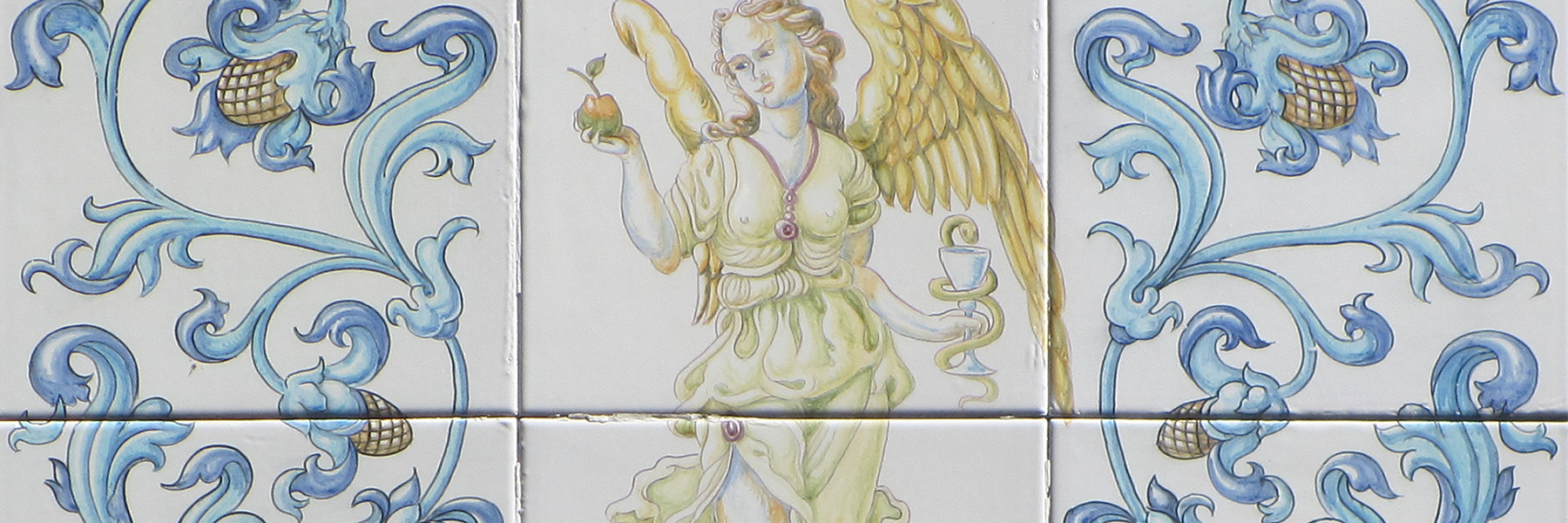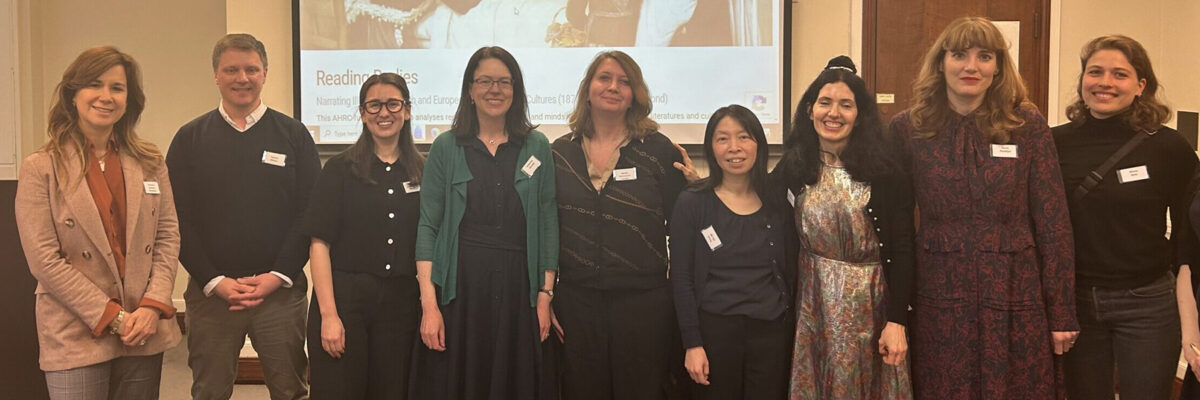
Thanks to all our wonderful speakers from the Universities of Belfast, Boston (USA), Cambridge, Exeter, Kent, London and Sheffield, for our second international Reading Bodies workshop, hosted by the University of Exeter on 23 May 2024. The workshop was organised by Prof. Katharine Murphy (Principal Investigator for Reading Bodies) and Dr Olivia Glaze (AHRC Postdoctoral Researcher). Prof. Nicolás Fernández-Medina (Chair of Romance Studies at Boston University) delivered a brilliant keynote on Health, Disease, and Society in the Early Ramón Gómez de la Serna. The programme included specialists in Spanish, Portuguese, English, French and German, and a hybrid Roundtable on interdisciplinary approaches to Reading Bodies in Literatures and Cultures.
















